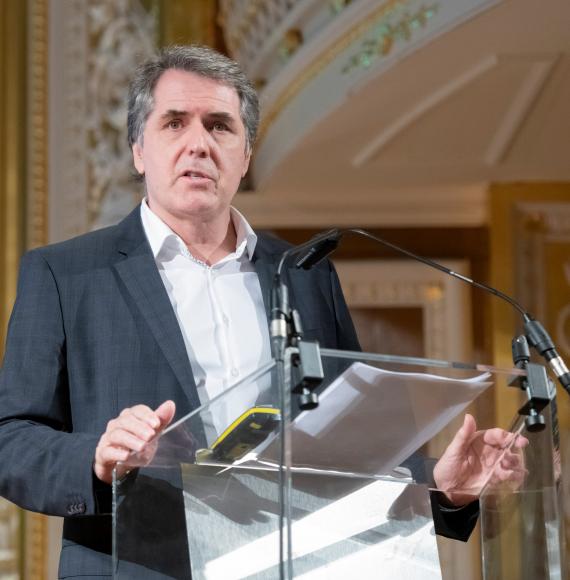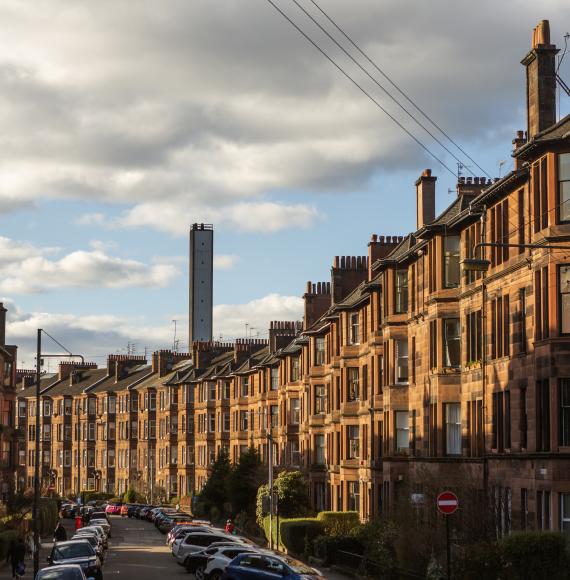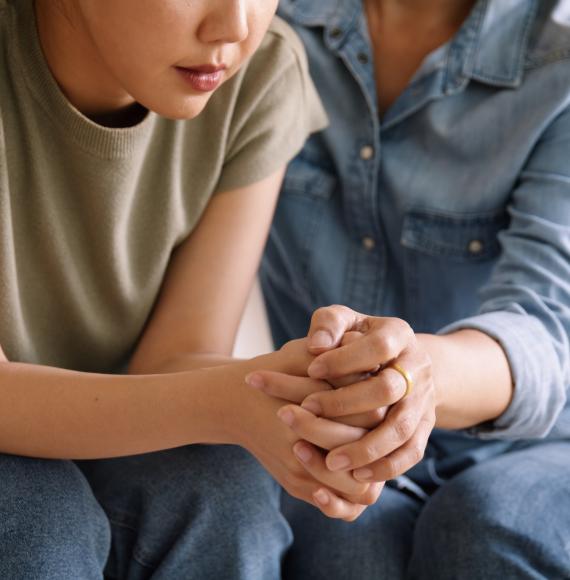New research published by the Health Foundation yesterday (June 16) shows that public opinion of the role of the state has shifted since the Covid-19 pandemic.
Polls and surveys have uncovered new data on the public showing that there has been an increase in recognition of the responsibility of the state for supporting good health. Almost nine in ten people (86%) now believe the Government has either a ‘great deal’ or ‘fair amount’ of responsibility for keeping the general public healthy, up from 61% in 2018.
Accountability for local Government is also up, with 76% thinking it has a responsibility for people’s health, up from 55% in 2018.
There are also high levels of concern for the impact of social distancing on the health and wellbeing of the population, with over three quarters (77%) of British people sharing this concern. A figure which increases to 83% among over 65s.
Other challenges that became apparent from the survey include 47% of people finding it harder to communicate with family and friends, 54% struggling to get basic food items, household goods (49%), essential medication (24%) and access green space (33%).
The research, carried out remotely in the first half of May, also highlighted that 46% of the general public acknowledged an effect on their mental health due to the crisis.
As the country emerges from lockdown, some of the negative experiences are likely to ease, but the Health Foundation is warning that the financial impact will continue to impact public health further down the line.
Young people have been highlighted in the data as being particularly effected, with 23% of 18-24-year olds and 20% of 25-34-year olds having already borrowed money or considered borrowing money, compared to only 4% of those aged 65 or more.
The Health Foundation is calling on Government to further protect the most vulnerable groups in the longer term, to improve public health impacts in the future.
Jennifer Dixon, Chief Executive of The Health Foundation said:
“This research shows that people increasingly expect and want protection from government at a time of crisis. They want protection not just to reduce the risks of avoidable illness, like COVID-19, but also avoidable economic hardship. Economic hardship, as we have seen from this pandemic, increases individual’s and community’s vulnerability to COVID-19. It also exacerbates ill health more generally and widens inequalities in health as we have seen in the last decade across England.
As we move into the recovery phase, a cross government health inequalities strategy and action plan is needed now more than ever to protect and improve the population’s health and wellbeing now and in the future, with more investment in prevention. This should go hand in glove with a longer term strategy for economic renewal which includes improving the quality of work, which is essential to health.”
Ep. 14 Deeds not words – Cllr Paula Langley



















